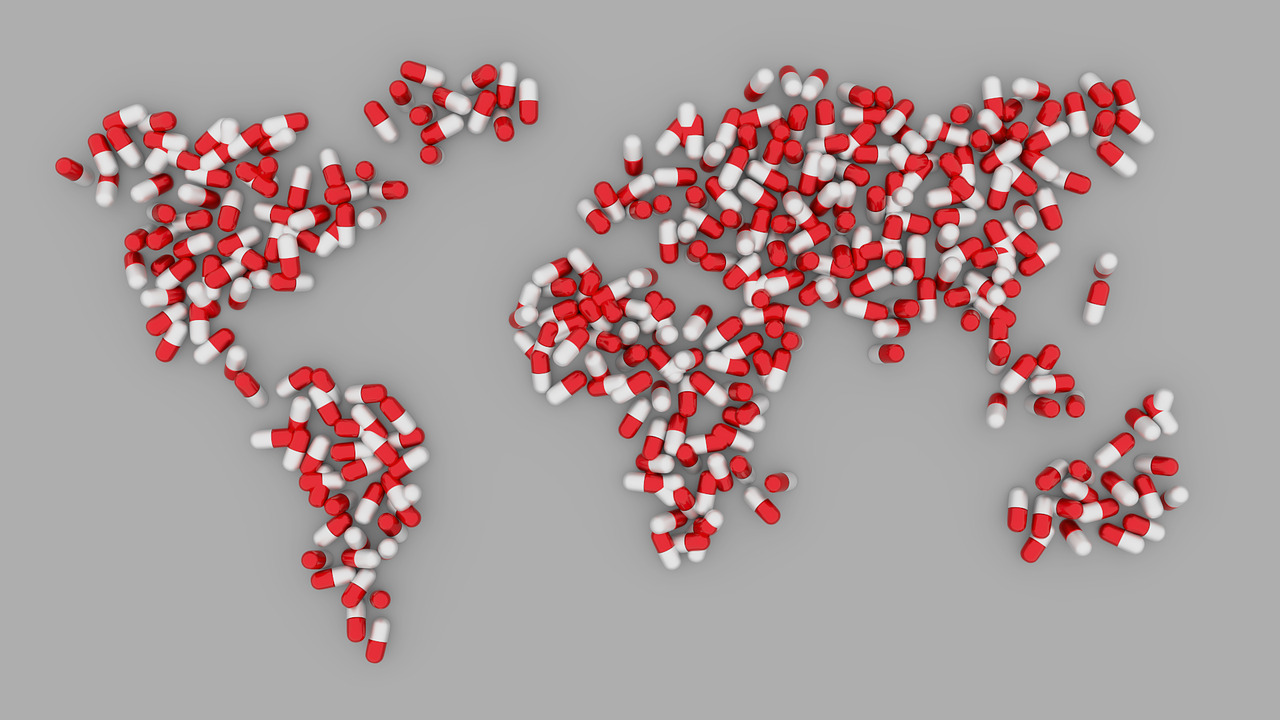Bacterial infections (such as salmonella or tuberculosis) are caused when a harmful bacteria infects an animal host. Typically, bacterial infections are fought off using antibiotic drugs. However, antibiotic resistance may occur, causing bacteria to persist and survive in the human body, making it extremely difficult to treat conditions caused by these types of bacteria. In order to combat resistant bacteria, a group of researchers from the Massachusetts Institute of Technology has developed a program that can analyze large libraries of molecules, essentially scanning for molecules that may have antibacterial properties. This program is a type of artificial intelligence (AI). While AI is commonly referred to in science fiction, its application to antibiotic discovery is novel and may drastically reduce the time it takes to develop medicines for fast-spreading bacterial infections.
In order to do this, the authors of the study scanned a comprehensive drug library from the United States Food and Drug Administration (FDA) along with several hundred natural products. The program was then able to scan these molecules to see which ones would inhibit the growth of a common bacterial species, Escherichia coli. In order to confirm that the molecules the program found were suitable for the clinic, the researchers referred to previous clinical studies to see their impact in real life. Additionally, they also conducted laboratory studies on mice for drugs that seemed promising. After this process, one drug was identified as a suitable drug to inhibit the activity of E. coli, halicin. By using an intelligent system of drug discovery, the researchers were successfully able to pinpoint a valid antibacterial drug. After this, this system was also applied to much larger libraries consisting of hundreds of thousands of molecules with further positive matches.
Deep learning methods use computers to mimic how the brain processes information. In this example, researchers used a deep learning method to teach a computer program to identify candidate antibiotics when given a large sample of test drugs.
Image Source: PM Images
As it gets harder and harder to pin down medicines for bacterial infections, developing quick and effective ways of scanning thousands of molecules will help in combating resistant bacteria. In the case of a rapidly spreading bacterial disease, this method could save countless lives as the timeline to find drugs for resistant bacteria can be shortened. As this research shows, there is a promising case for AI in drug discovery.
Featured Image Source: Jukka Niittymaa










